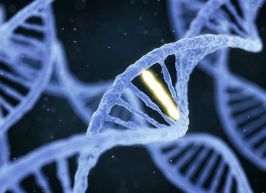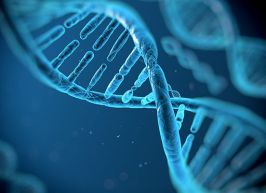
Genealogy Databases and the Future of Criminal Investigation
The police can access your online family-tree research – and use it to investigate your relatives.
Read or listen offline
Recommendation
The turn of the century brought with it the fully sequenced human genome. Since then companies have offered to sequence an individual’s DNA relatively cheaply. US law enforcement have accessed these nonforensic genetic databases to identify potential criminals in ongoing investigations. Legislators have raised concerns about the violation of an individual’s right to privacy and have called for new laws to regulate police access to genetic information. getAbstract recommends this article to those interested in the interplay between law and science.
Summary
About the Authors
Natalie Ram is an assistant professor of law at the University of Baltimore. Christi J. Guerrini is an assistant professor at the Center for Medical Ethics and Health Policy at Baylor College of Medicine. Dr. Amy L. McGuire is a professor of Biomedical Ethics and Director of the Center for Medical Ethics and Health Policy at Baylor College of Medicine.





















Comment on this summary or Start Discussion